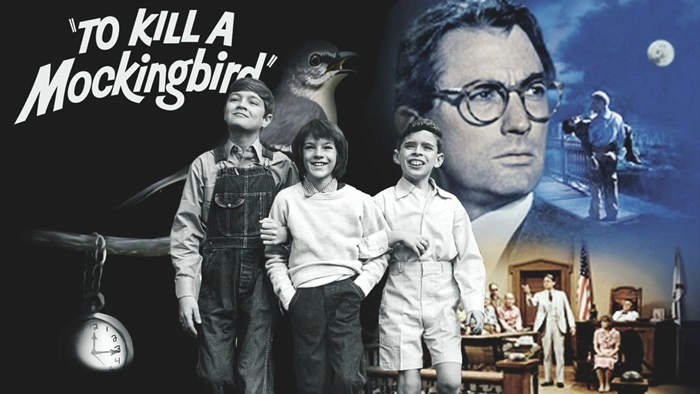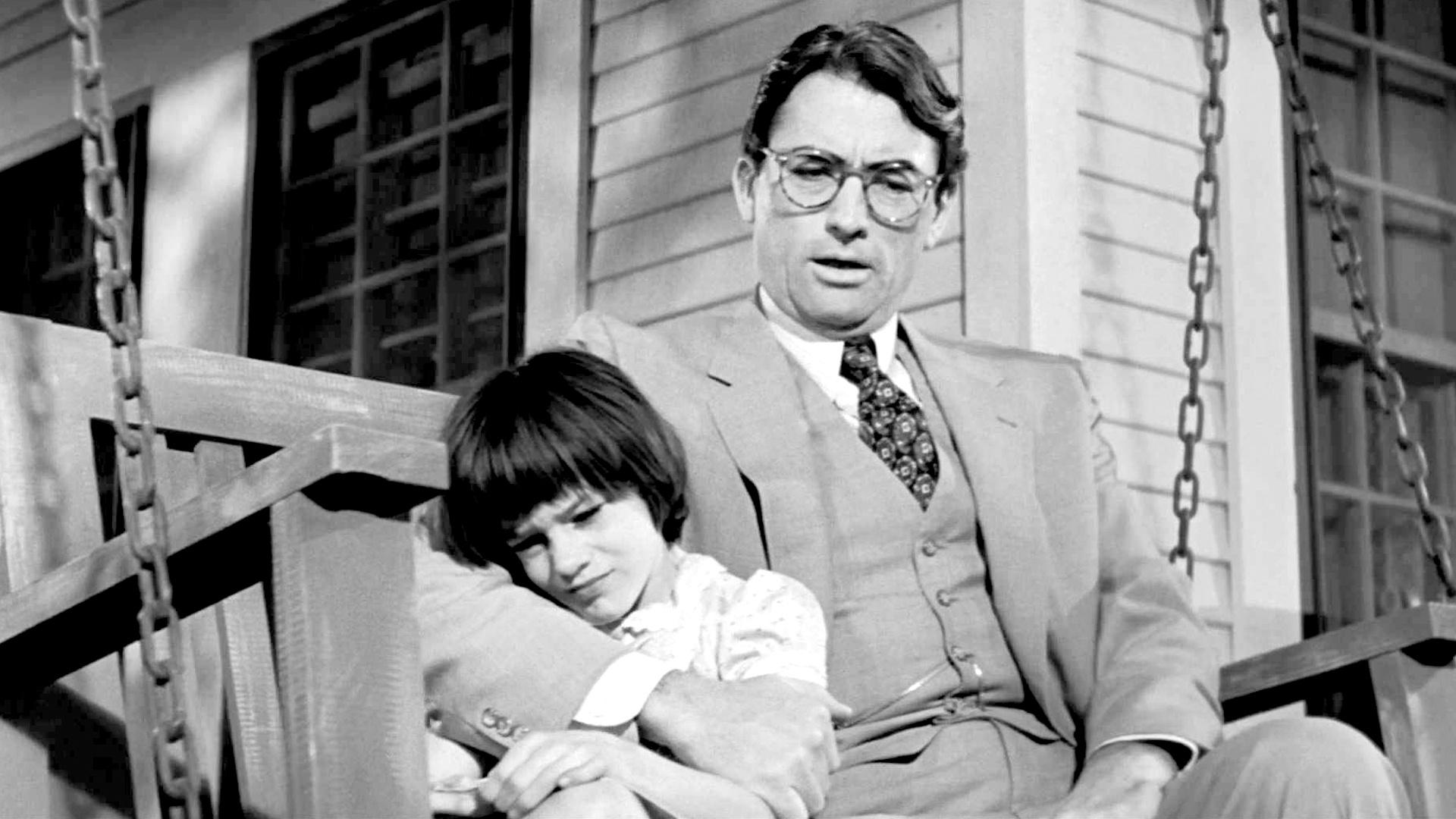To Kill A Mockingbird

Plot and Themes: The film is set in the 1930s in the fictional town of Maycomb, Alabama. It tells the story through the eyes of Scout Finch, a young girl whose father, Atticus Finch, is a lawyer defending a black man, Tom Robinson, falsely accused of raping a white woman. The narrative touches on themes of racial inequality, social injustice, and moral courage. The story is as relevant today as it was when it was first released, highlighting the enduring struggle for justice and equality.
Performances: Gregory Peck’s portrayal of Atticus Finch is often hailed as one of the greatest performances in cinema history. His calm, principled demeanor and moral integrity bring depth to the character, making him a symbol of justice and empathy. Peck’s performance earned him an Academy Award for Best Actor, and it’s easy to see why—he brings a quiet strength and dignity to the role.
Mary Badham, as Scout, and Philip Alford, as her brother Jem, deliver natural and heartfelt performances. Their portrayal of childhood innocence and growth adds emotional weight to the film. The supporting cast, including Robert Duvall as Boo Radley and Brock Peters as Tom Robinson, also deliver compelling performances that enhance the film’s impact.
Direction and Cinematography: Robert Mulligan’s direction is subtle yet effective, capturing the essence of Lee’s novel while translating it to the screen with sensitivity. The cinematography by Russell Harlan is straightforward but effective, providing a realistic depiction of the Southern setting and helping to ground the story in its historical context.
Legacy: “To Kill a Mockingbird” has left a lasting legacy not just as a film but as a cultural touchstone. It continues to be studied and admired for its brave tackling of complex social issues and its deep, compassionate characters. The film’s exploration of justice and human dignity resonates across generations, making it a powerful educational tool as well as a beloved classic.
Overall, “To Kill a Mockingbird” remains a deeply moving and important film, celebrated for its fidelity to the spirit of Harper Lee’s novel and its exceptional performances. It’s a testament to the power of cinema to challenge societal norms and inspire change.











